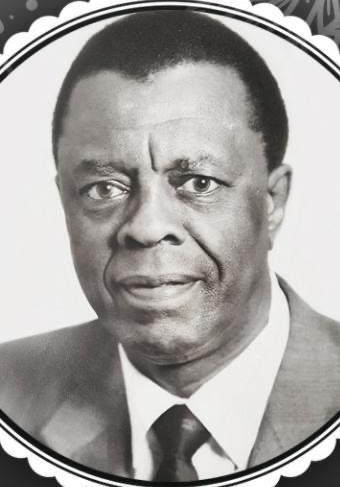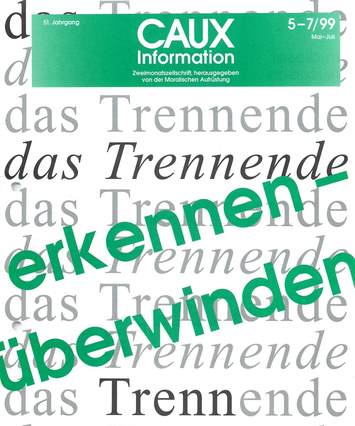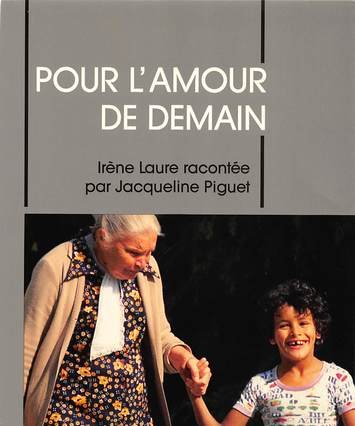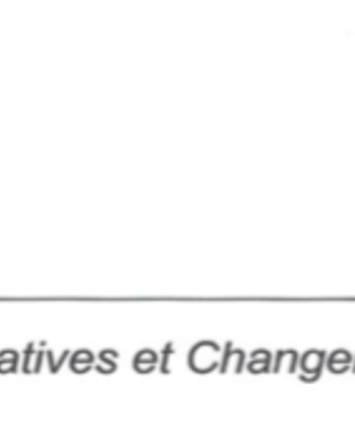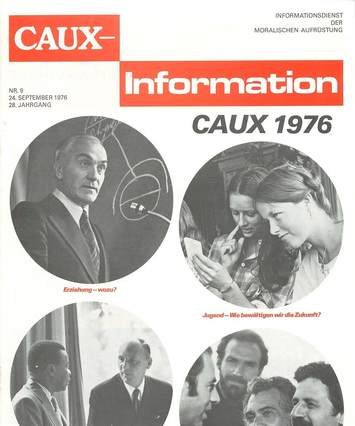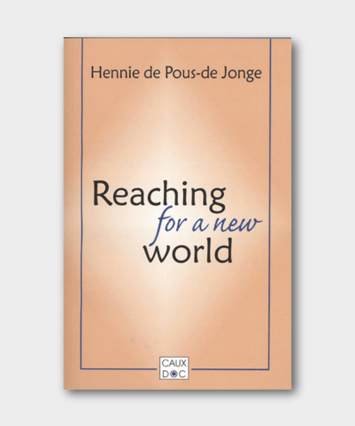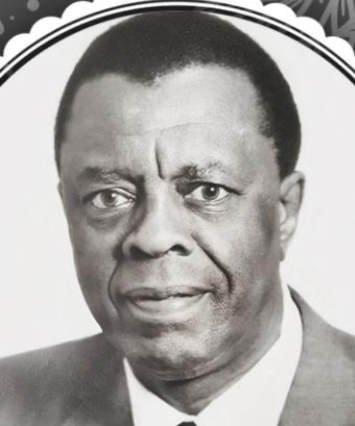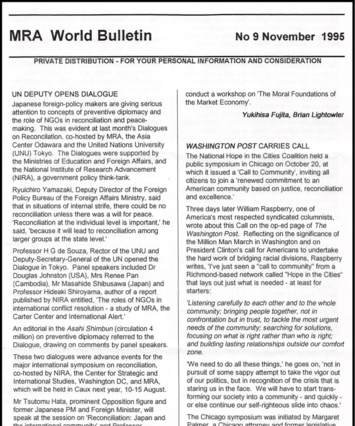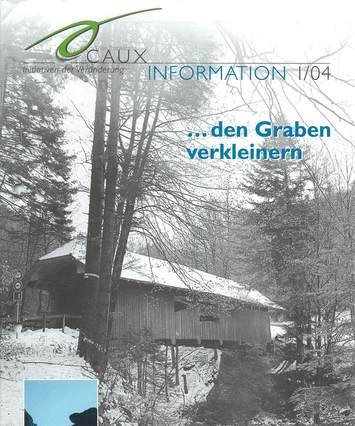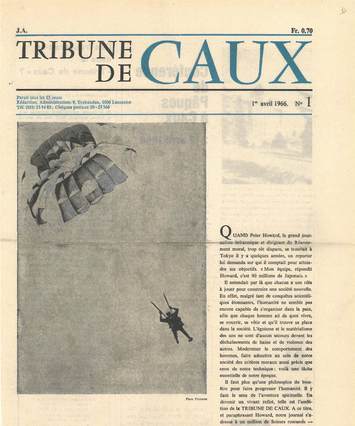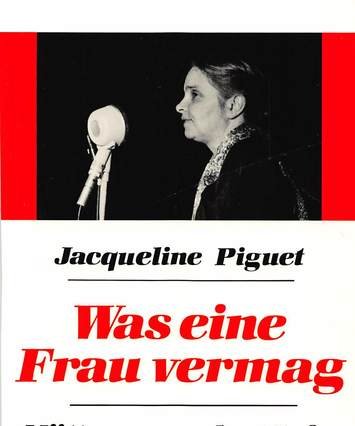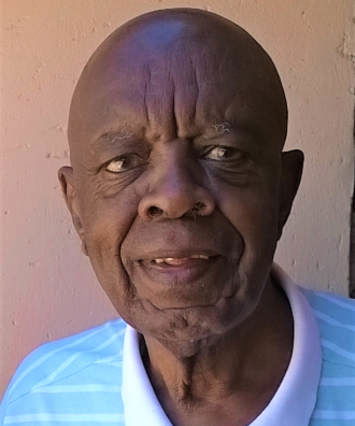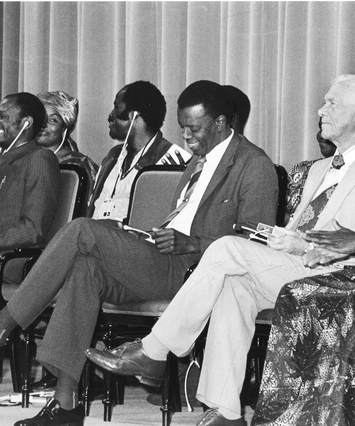Professor Cornelius Marivate was born and brought up on a Swiss mission station close to the Mozambique border in South Africa's Limpopo Province.
'My father was a school teacher there and later became a pastor,' he told Anthony Duigan some years ago in an article for For A Change magazine. 'I followed in his footsteps.' In 1948, at the age of 21, he began teaching in a primary school while studying by correspondence for his school-leaving certificate.
It was in this poor area that the turning point of his life came. 'At that time, South Africa was still in the early days of implementing formal apartheid,' he recalled. 'Travelling somewhere in the north, I ended up on the wrong side of a traffic policeman's fists and landed up at a mission hospital where I met a Swiss doctor, Margaret Zuber.
'Angry and bitter at the treatment by the policeman, I was a candidate for some good advice, none of which I wanted to hear!' Nonetheless, Dr Zuber persuaded him to go to a Moral Re-Armament (now called Initiatives of Change) conference in Johannesburg. 'There I saw outstanding examples of black and white people working together as equals to solve problems.'
He also found himself confronted by the need for personal change. 'I came from a church family; I was always a person who prayed,' he said. 'But I had prayed without really uncovering my faults. Faced with the four standards, I had to look at myself in a way I had never done in my life.' One practical step he took was to be honest and repay funds he had stolen while Treasurer of the Teacher's Union. 'It put me on a path from which I could never turn back,' he said.
When he received his Bachelor of Arts degree from the University of South Africa in 1963, he was invited to join the University's African Languages Department as a lecturer. He did his Master's dissertation on Tsonga folk tales and his Doctorate, in 1982, on 'the ideophone, or onomatopoeia, in African languages'. He went on to become the Head of the department and retired in 1992.
Cornelius Marivate loved music and trained many a choir, particularly in his own church. At the age of 71, he was South Africa's leading authority on the literature and folksongs of his own Tsonga people.
In 1994 at the first democratic and free elections in South Africa, Prof Marivate was elected a Member of Parliament for the African National Congress and had to move to Cape Town where Parliament sits. He served one four-year term.
Over the years, Prof Marivate assisted with a number of youth-training programmes and also participated in, and helped initiate, several MRA/IofC conferences. He travelled widely on behalf of MRA/IofC and served on the Council of the South African body for many years. He was Chairman from 1993 – 1995.
A fitting epitaph is his summary of his vision: 'I would like South Africans to be seen as people able to build real reconciliation and to work things out without revenge. If I can help this to happen, I will have contributed something truly worthwhile.'

